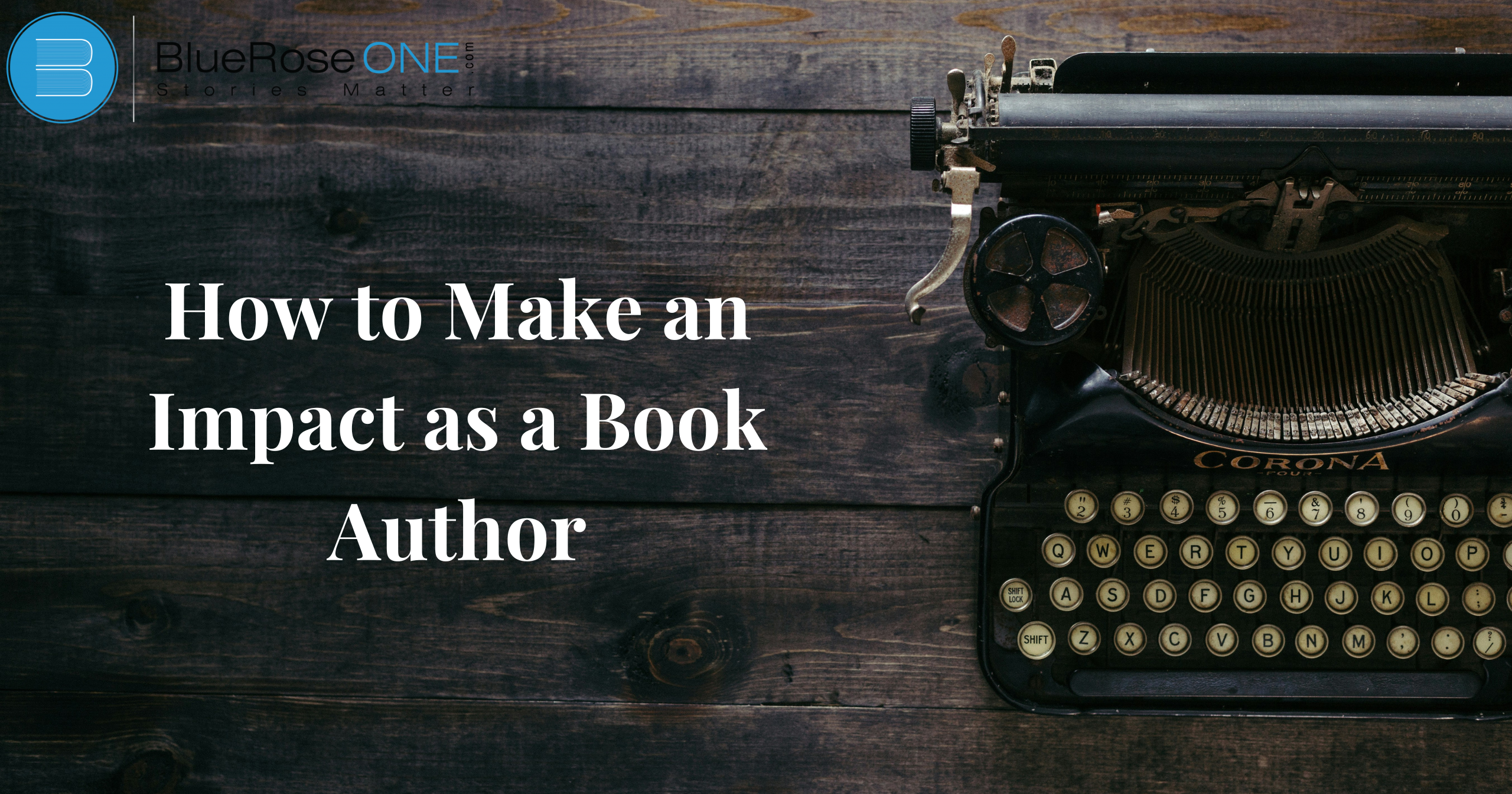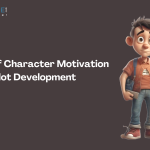Words hold immense power. They have the ability to inspire, educate, entertain, and even transform lives. As a book author, you have the unique opportunity to harness this power and make a lasting impact on your readers. In this article, we will explore how you can leverage the power of words to create compelling content, connect with your audience, and leave a meaningful legacy.
Creating Interesting Content
Creating interesting content as a book author is about weaving words into narratives that captivate and resonate with readers. It’s about tapping into universal themes, emotions, and experiences that people can relate to on a deeply human level.
Whether it’s creating compelling characters, building suspenseful plots, or delving into thought-provoking themes, the key lies in engaging the audience from the very first page. By infusing passion, authenticity, and creativity into your writing, you can transport readers to new worlds, challenge their perspectives, and leave a lasting impact that transcends the boundaries of the written page.
In essence, the power of words lies not only in their ability to inform but also in their capacity to inspire, entertain, and ultimately, change lives.
You may also like: Unlocking success: How to Sell Books Online Effectively
Storytelling Techniques
The foundation of engaging writing is storytelling, which allows writers to create tales that have a profound emotional impact on readers. Plot twists, character development, and vivid imagery are tools that writers use to take readers to new places and arouse strong emotions.
Characters are given life with interesting dialogue, and the pace keeps readers on the edge of their seats. Creating multifaceted characters with attainable goals and defects encourages empathy and connection.
Additionally, using symbols and anticipation adds levels of intricacy and encourages readers to decipher deeper meanings. In the end, becoming proficient in these storytelling skills enables writers to create memorable stories that stay with readers long after the last page is turned.
Effective Writing Strategies
Effective writing strategies are the backbone of every successful book author, wielding the power of words to captivate and engage readers. Creating an interesting narrative begins with thorough planning, outlining key themes, characters, and plot points.
Attention to detail is paramount, ensuring clarity and coherence throughout the manuscript. Furthermore, harnessing the art of storytelling involves creating relatable characters and immersive settings that resonate with the audience.
Employing literary techniques such as vivid imagery, dialogue, and symbolism enhances the reader’s experience, fostering emotional connections and leaving a lasting impact. By mastering these strategies, authors can wield the transformative power of words to inspire, entertain, and provoke thought.
Navigating the Publishing Process
Navigating the publishing process is a crucial step for any aspiring book author looking to make a meaningful impact with their words. From manuscript preparation to finding the right literary agent or publisher, each stage demands careful attention and strategy.
Writing a compelling query letter or book proposal is key to capturing the interest of agents and publishers who can champion your work. Understanding the intricacies of editing, cover design, and marketing is essential for ensuring your book reaches its intended audience.
With dedication, perseverance, and a willingness to learn, a book author can harness the power of words to create lasting impacts through their books.
Engaging with Readers
Interacting with readers is the foundation of a successful writing career. Within the literary domain, words hold a special ability to enthrall and impact. Fostering a relationship with your readers as a book author is about more than just sharing stories; it’s about creating a bridge of understanding and empathy.
Every interaction—from engaging social media posts to book author presentations and book signings—offers the chance to develop deep connections with readers. Through active listening to their input, answering their questions, and offering their perspectives, writers may foster a stimulating conversation that benefits both sides.
In the end, words have power because they may move people’s emotions and minds in addition to telling stories.
You may also like: Find the Benefits of Reading Books Online: Beyond the Pages
Impact Beyond the Page
Let’s explore the powerful impact writers have outside of the pages of their books. It looks at how carefully chosen words by writers may have a profound impact on society, influencing viewpoints, sparking change, and building empathy.
Authors have a special ability to use their writing to provoke thought, question accepted wisdom, and motivate action. Their stories, whether they are nonfiction or fiction, have the power to cross genre barriers and engage readers on a social and personal level.
The influence of writers goes well beyond the pages of their books in the connected world of today; they leave a lasting impression on politics, society, and the human psyche.
Final thoughts
In conclusion, the power of words cannot be overstated. As a book author, you have the ability to shape hearts and minds, challenge perspectives, and inspire action. By crafting compelling content, engaging with your audience, and leveraging your platform for good, you can make a meaningful impact as an author and leave a lasting legacy.
Frequently Asked Questions
Finding your unique voice takes time and practice. Experiment with different styles and genres until you find what feels authentic to you.
Social media marketing, book signings, and collaborations with other book authors or influencers can all help raise awareness of your book.
Try changing your environment, taking a break to recharge, or engaging in activities that inspire creativity, such as reading or going for a walk.
Feedback from beta readers, critique partners, and editors can provide valuable insights and help you identify areas for improvement in your writing.
Set achievable goals, celebrate small victories, and remind yourself of why you started writing in the first place.
















